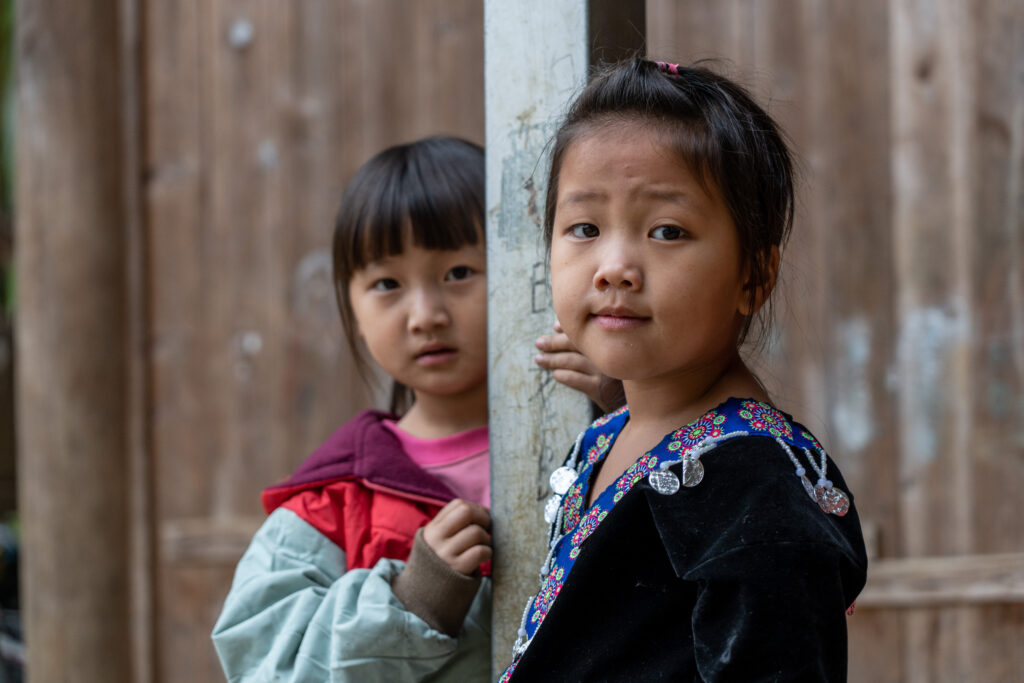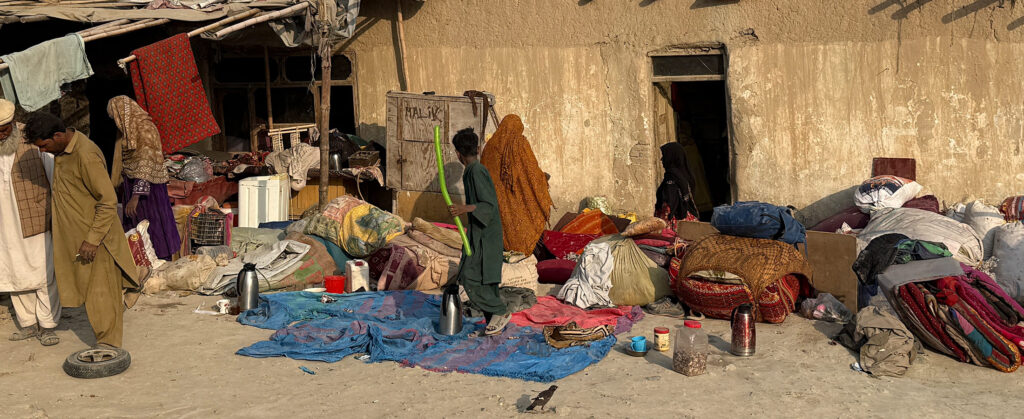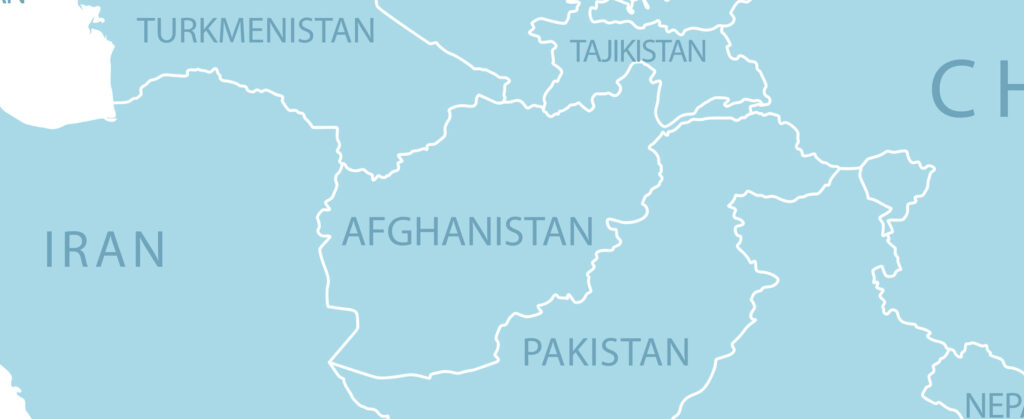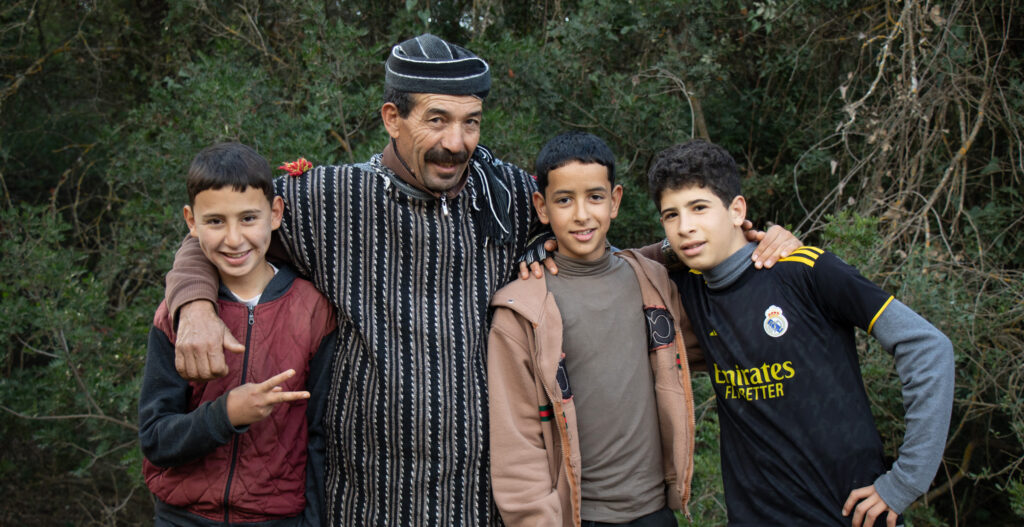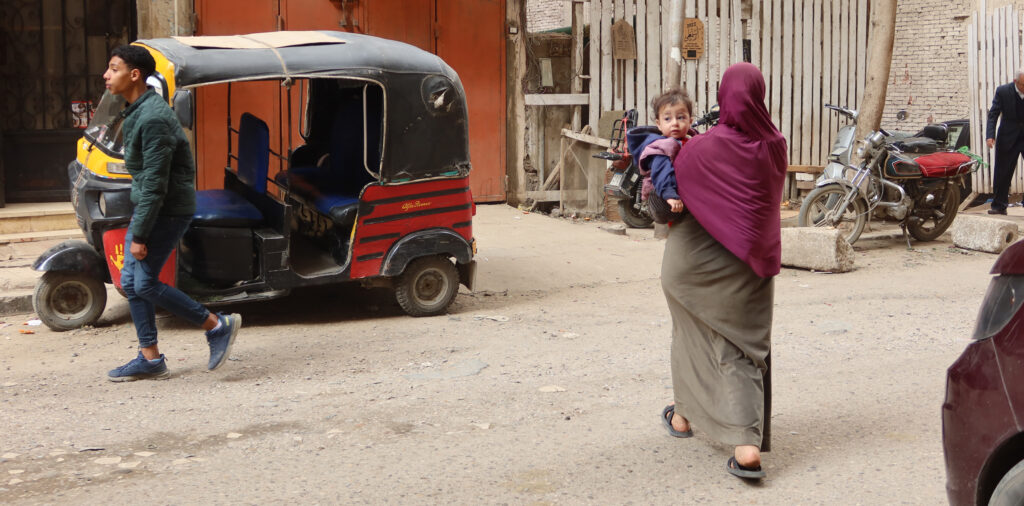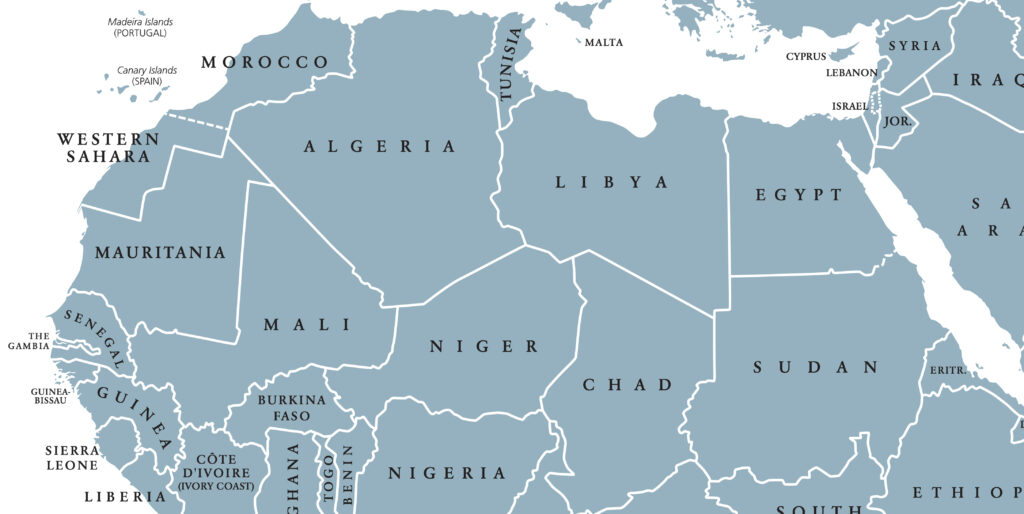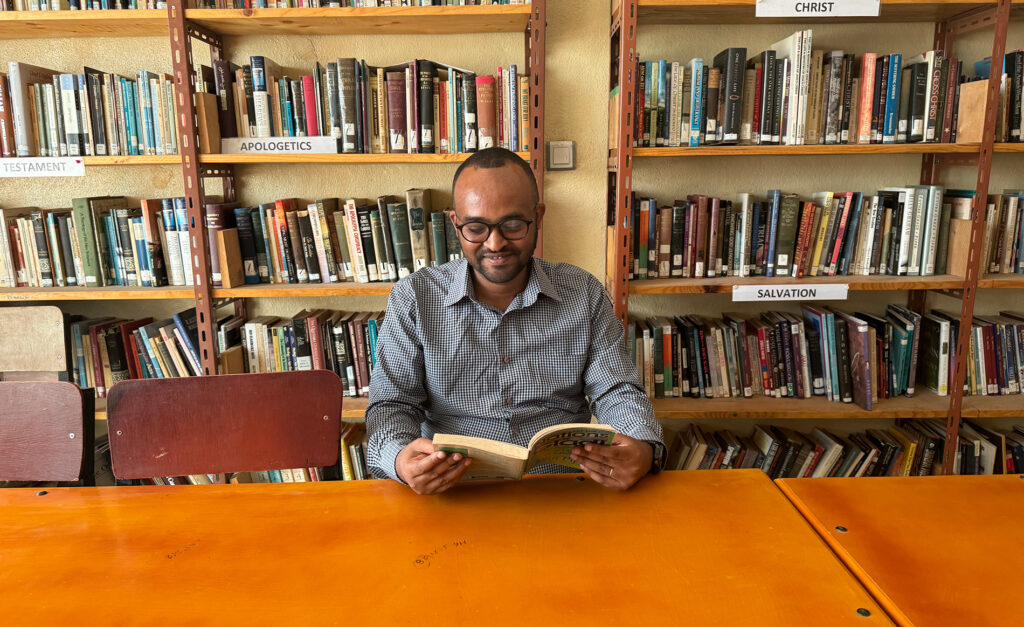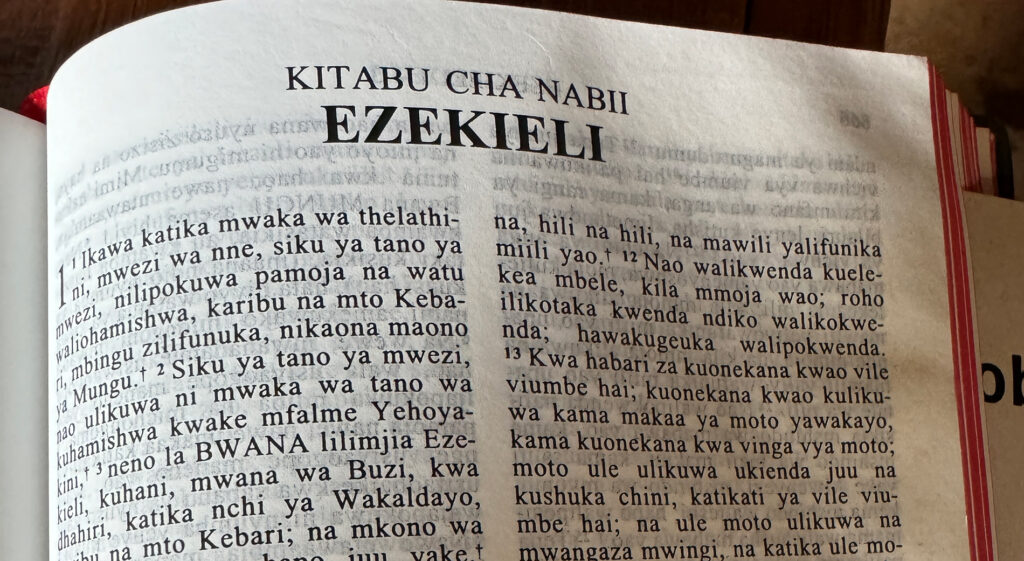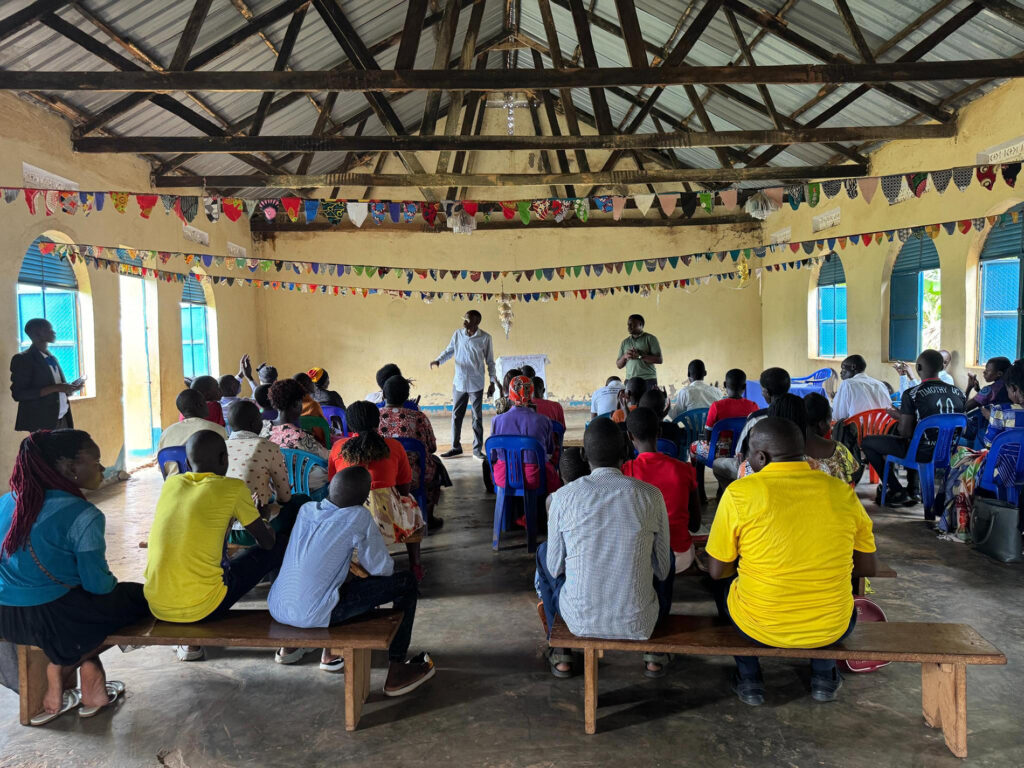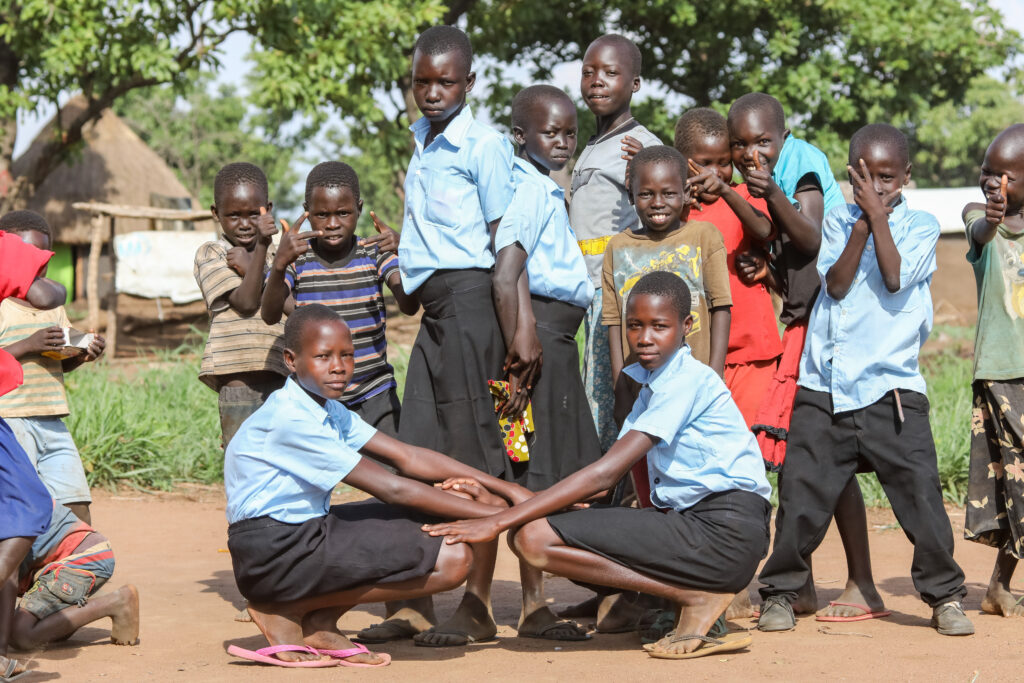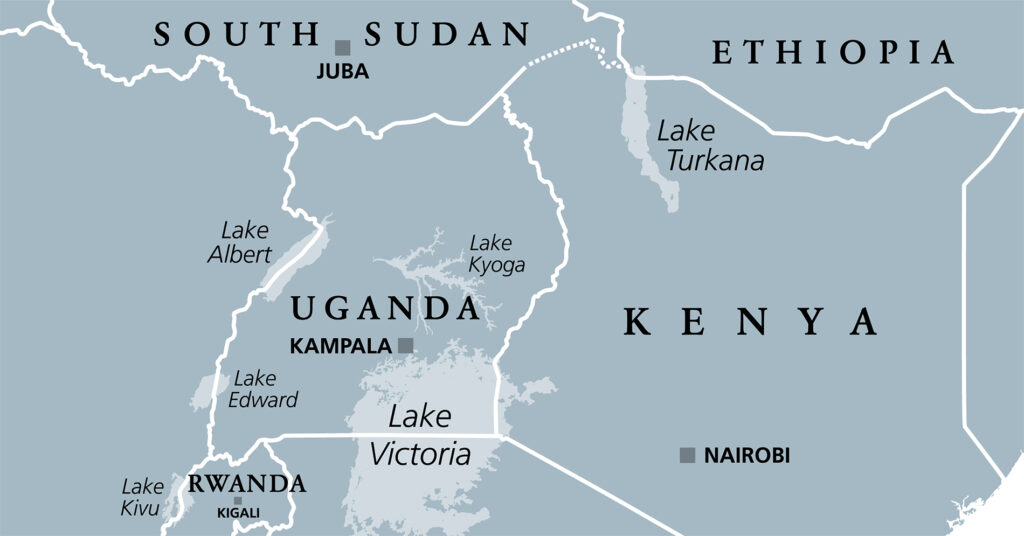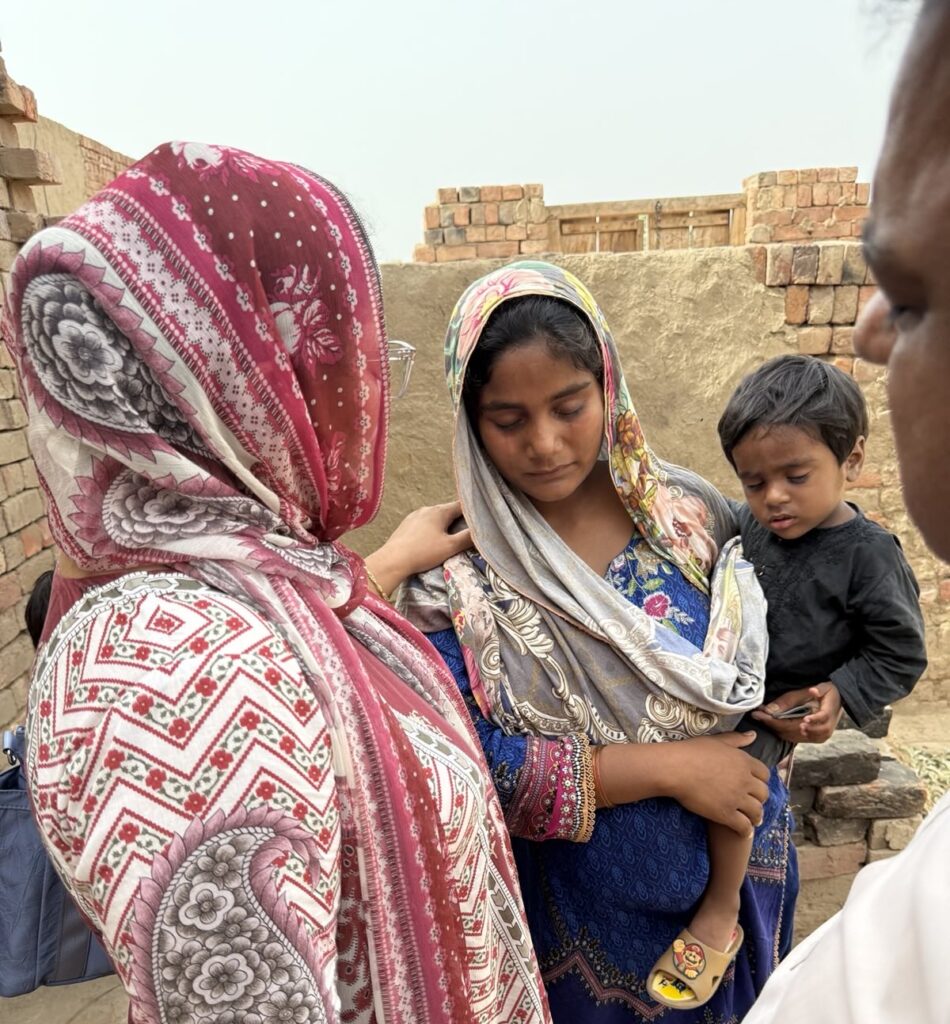How do you share the gospel in a communist country where most people are Buddhists?
ICR partners in Southeast Asia have found opportunities in the natural rhythms of life. People are willing to attend the funerals and birthday parties of Christians, even if they aren’t believers.
Minh* came to know Christ at the funeral of a Christian acquaintance. He was a lifelong alcoholic but, during the funeral service, a pastor shared a Bible verse that touched Minh’s heart. Afterward, he spoke to the pastor, who explained the gospel to him and promised God could free him from his addiction. Minh gave his heart to Christ right then, and he hasn’t had any alcohol since.
In the next two weeks, Minh won his whole family to Christ. They became a ten-person house church, meeting together each week. Minh plans to attend an ICR-sponsored training for Christian leaders that will teach him more about the Christian faith and help him lead this new church well. The church network that offers these training courses has a goal of planting 12 new churches in their district in a year. In the first three weeks, they had already planted three churches, putting them on track to meet their goal.
Just like funerals, birthday parties are another natural venue in which to share faith. In this same part of the country, a couple attended a Christian child’s birthday party with their son. The Christian family’s pastor was there, too, and he spent time getting to know the new couple. After spending the whole party together, the couple decided that they, too, wanted to become Christians.
In earlier decades, persecution against Christians in Southeast Asia was worse. Pastors were jailed, Christians were beaten, and families had their land confiscated. Persecution these days includes expulsion from villages, constant pressure, interrogation, harassment, threats, refusal of permits, and occasional arrests. Christian leaders in Southeast Asia recognize this season as a unique window to advance the gospel.
Most of the persecution that happens today is pressuring Christians, rather than overt violence or action. A believer named Anh* moved to his wife’s village when they got married, as is the norm. Over the years, he and his wife established a good life there. They started a church, which grew to 150 members.
But about four years ago, Anh felt like he should return to his home village four hours away and develop a church there.
He had no land or house to go to, so his extended family gave him some of their land. He built a house, and he, his wife, and five children met together for worship. Eventually, ten others came to faith and joined the congregation, which met in their house. As the church grew, Anh built a wall down the middle of his house. His family lived in half, and the other half was used for the church.
When Anh’s extended family realized Anh was hosting a church on their land, they got upset. They hassled him repeatedly to close the church. He refused to be intimidated. Once the rest of the village realized what was going on, they also put pressure on Anh. They threatened him repeatedly and even beat him. But Anh persisted.
Today, the unbelieving villagers have resigned themselves to witnessing church activities, and there are 48 church members. Anh built himself a new house behind the original one, knocked down the wall in the middle of the house, and turned the whole thing into space for the church. The main problem for the family now is that they have used all their land for living space, and they don’t have enough land for farming, which provides food for the family.
While Anh overcame opposition, another congregation supported by ICR is still fighting through antagonism. Three years ago, this church of 150 started construction on a new building. Before work began, they obtained approval for the building from the local Communist Party leader.
But shortly after construction began, an official came by and said the building could not continue because the church lacked a title deed.
The church applied for the deed, but their application has been pending for two years. They keep asking for a decision on their application, and officials continue to give excuses. The church is not sure if the delay is due to inefficiency or if it is intentional, because they are Christians.
“This is very frustrating because they would like to keep building,” an ICR field worker said.
And there is another challenge: the land for the proposed church is owned by a family. One section holds the family home. On the opposite section is the small chapel that the church has been using. However, it only fits 30 people packed inside. The new church building was to go in the middle of the two buildings. The code official said that three buildings on one property were too many for private use.
The church has considered replacing the chapel with a larger church. “It is normal for Christians to carry out building projects semi-legally if they have the goodwill of local authorities on their side,” an ICR field worker said. “But since they are already on the radar of the authorities, this trick will probably not work.”
The Bible clearly tells us that faithfulness and persecution often go hand in hand. The growing pains of the church in Southeast Asia deserve our attention and prayers. “The earnest prayer of a righteous person has great power and produces wonderful results” (James 5:16).
